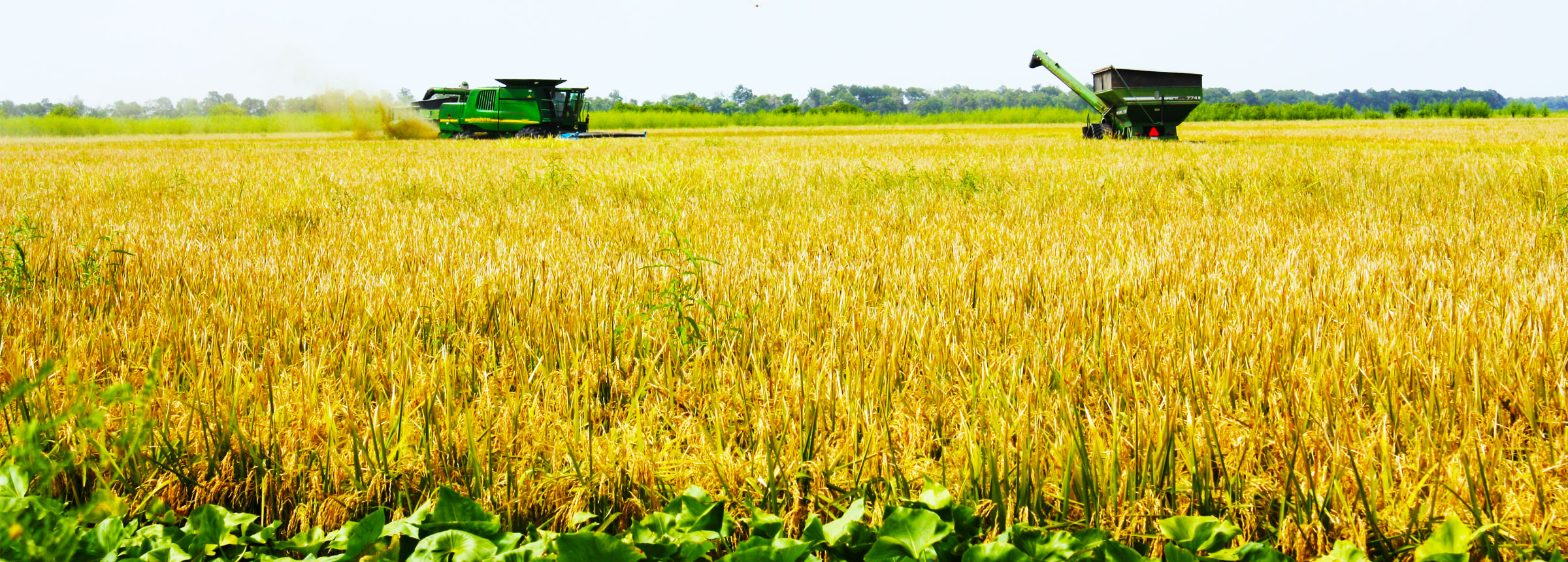Projects
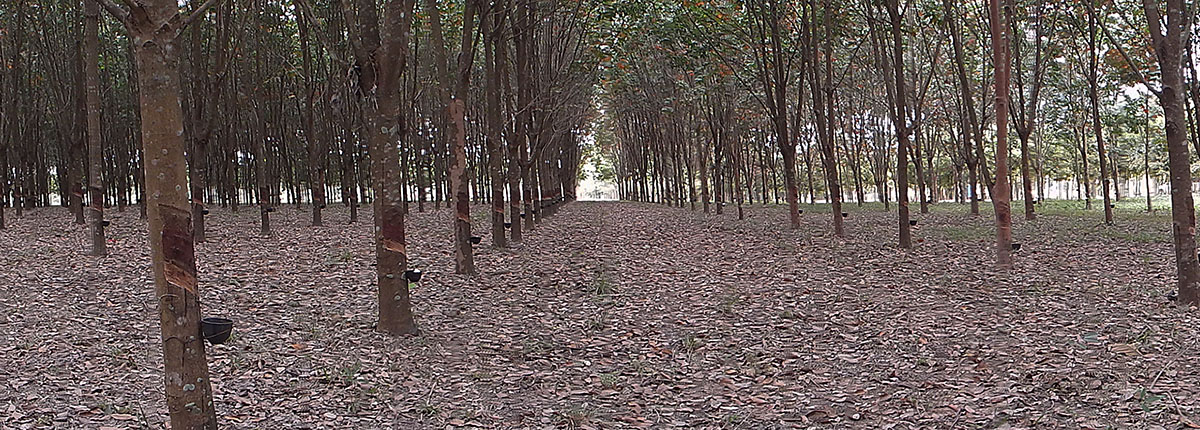
Pica de Hule SA, Guatemala, Assessing Carbon
Winrock provides ongoing technical support to the owners of rubber plantations in Guatemala to implement greenhouse gas friendly practices and to help assess their possible participation in climate change mitigation markets.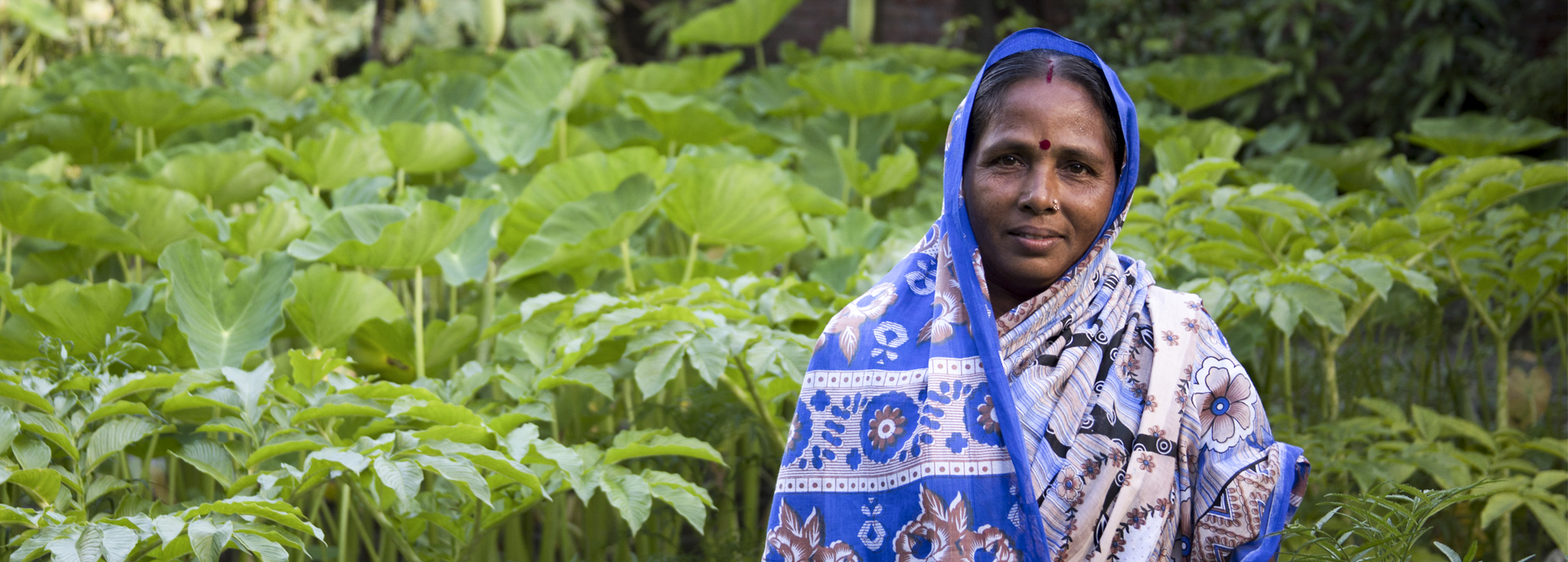
Climate Resilient Ecosystems and Livelihoods (CREL)
Climate change and a growing population are putting increasing levels of stress on Bangladesh’s forests, wetlands and other ecosystems. The USAID-funded Climate Resilient Ecosystems and Livelihoods program is helping to disseminate management methods that help communities better collaborate with local and national governments to balance biodiversity protection with sustainable economic development.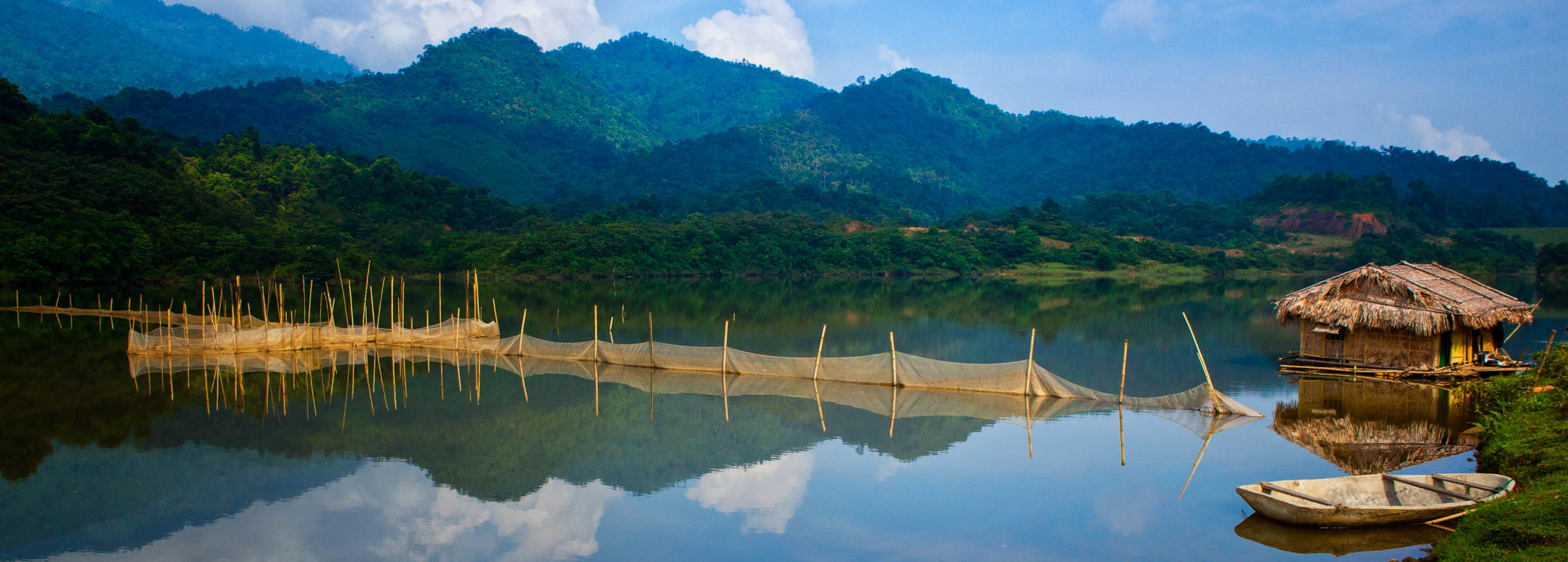
Vietnam Forests and Deltas (VFD)
The USAID Vietnam Forests and Deltas Program supports Vietnam’s transition to resilient, sustainable development. The first phase of the program (2012-2018) helped put national policies and strategies into practice to respond to environmental change, with a focus on the forestry and agriculture sectors, disaster risk reduction, and strengthening livelihoods. Beginning in 2018, the program’s second […]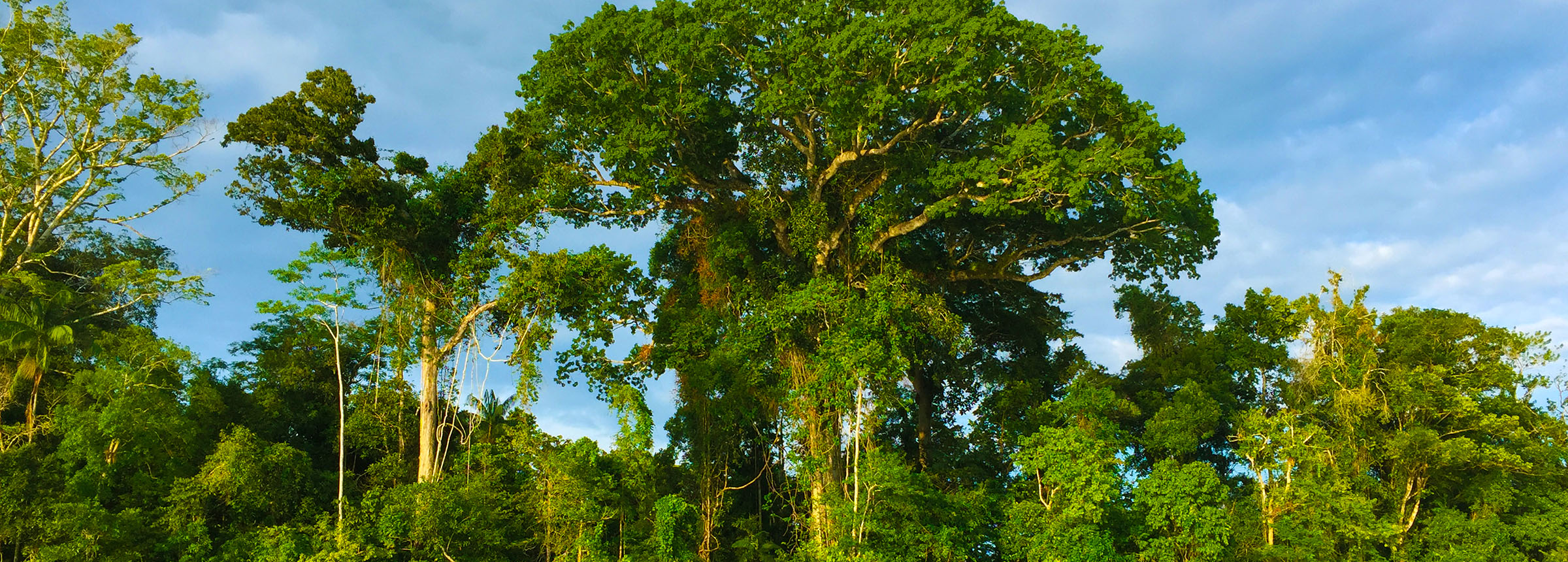
Colombia Nested REDD+
To reduce and reverse the loss of valuable forestland and biodiversity, Colombia is developing a national strategy for Reducing Emissions from Deforestation and Forest Degradation, also known as REDD. Under funding from the International Climate Initiative (IKI) of the German Federal Ministry for the Environment, Nature Conservation, Building and Nuclear Safety (BMUB), this project supported […]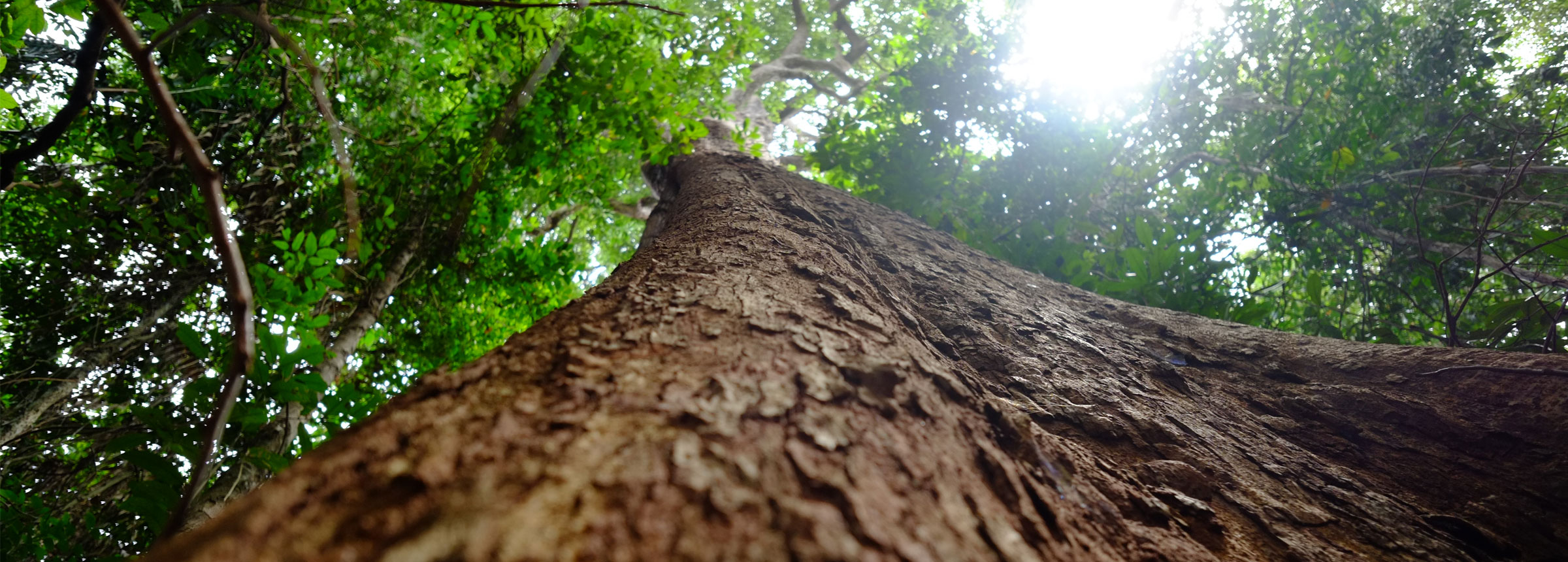
Indonesia Carbon Monitoring System
A lot of field work is necessary to truly understand the role of forests in climate change — both the benefits of preserving them and the impact of cutting them down. As part of a NASA-funded initiative, Winrock is spearheading the planning, collection and analysis of data to understand the impacts of selective logging on…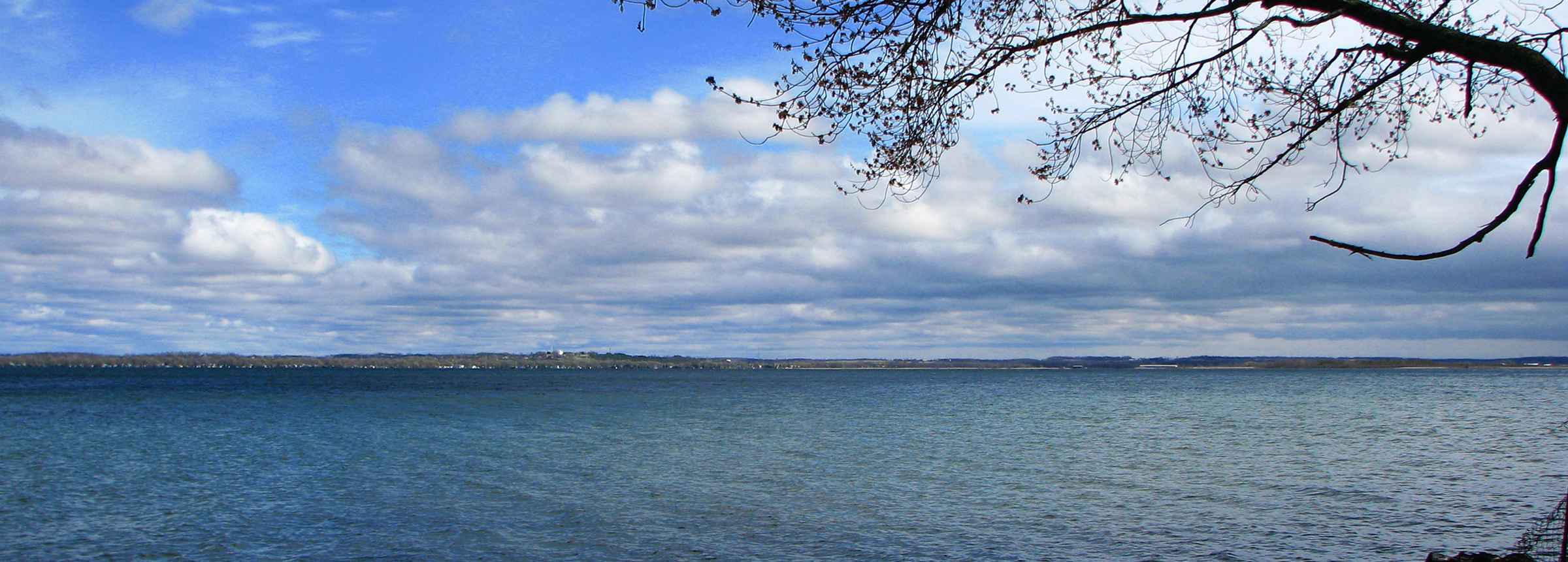
Ontario Pay-for-Performance
Years of agricultural run-off have deposited large amounts of phosphorous-laden fertilizer into Ontario, Canada’s Lake Simcoe. Though fertilizer can help boost crop production, its presence in rivers and lakes harms water quality. This program aids the Ontario government’s efforts to improve Lake Simcoe’s health by creating and developing incentives that encourage farmers to reduce the…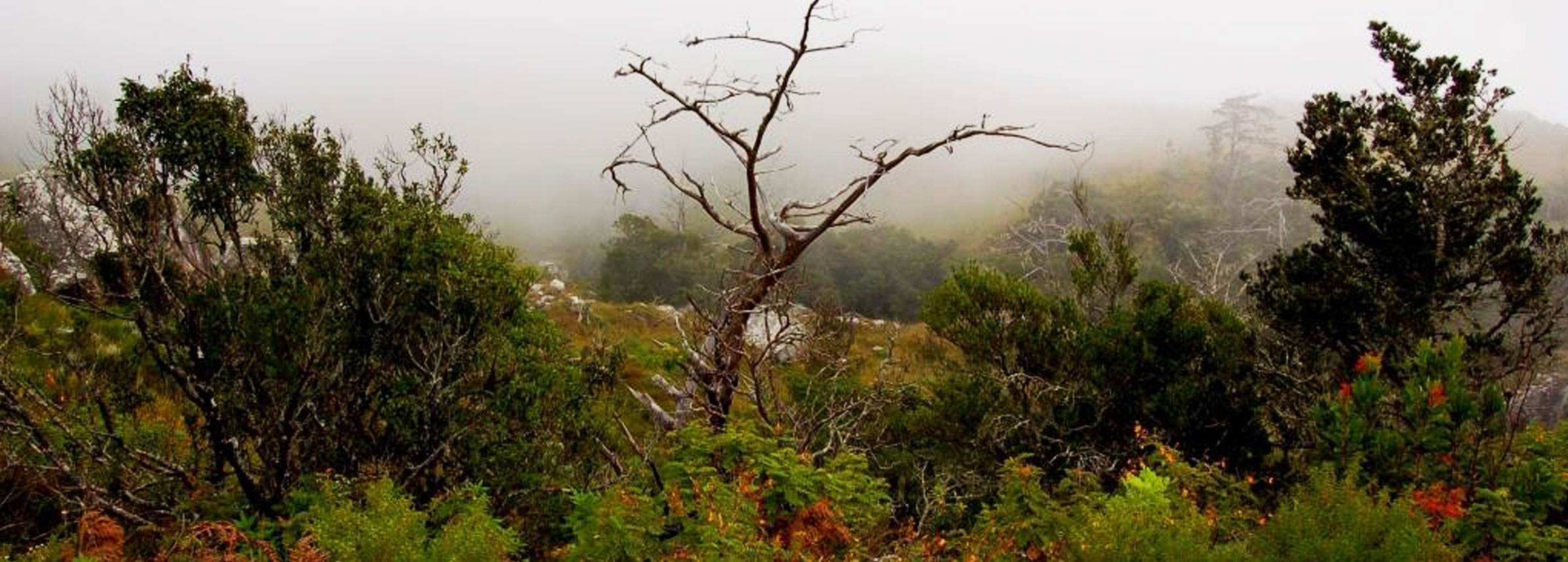
Malawi PERFORM
Malawi’s forestland is disappearing. To counteract that trend, the USAID/Malawi-funded Protecting Ecosystems and Restoring Forests in Malawi (PERFORM) project seeks to encourage improved land management practices. As a subcontractor to Tetra Tech, Winrock is providing technical assistance to the Government of Malawi’s Environmental Affairs Department to create and implement its National Greenhouse Gas Inventory System. […]
Enhancing Capacity to Reduce GHG Emissions from Peatlands and Palm Oil Production within a Jurisdictional Framework
The demand for palm oil has provided vital economic opportunities to many Indonesians. At the same time, the conversion of forests and drainage of peatland to create palm oil plantations is a leading source of Indonesia’s greenhouse gas emissions. Winrock has designed two scalable and replicable pilot projects that demonstrate the feasibility of improving the […]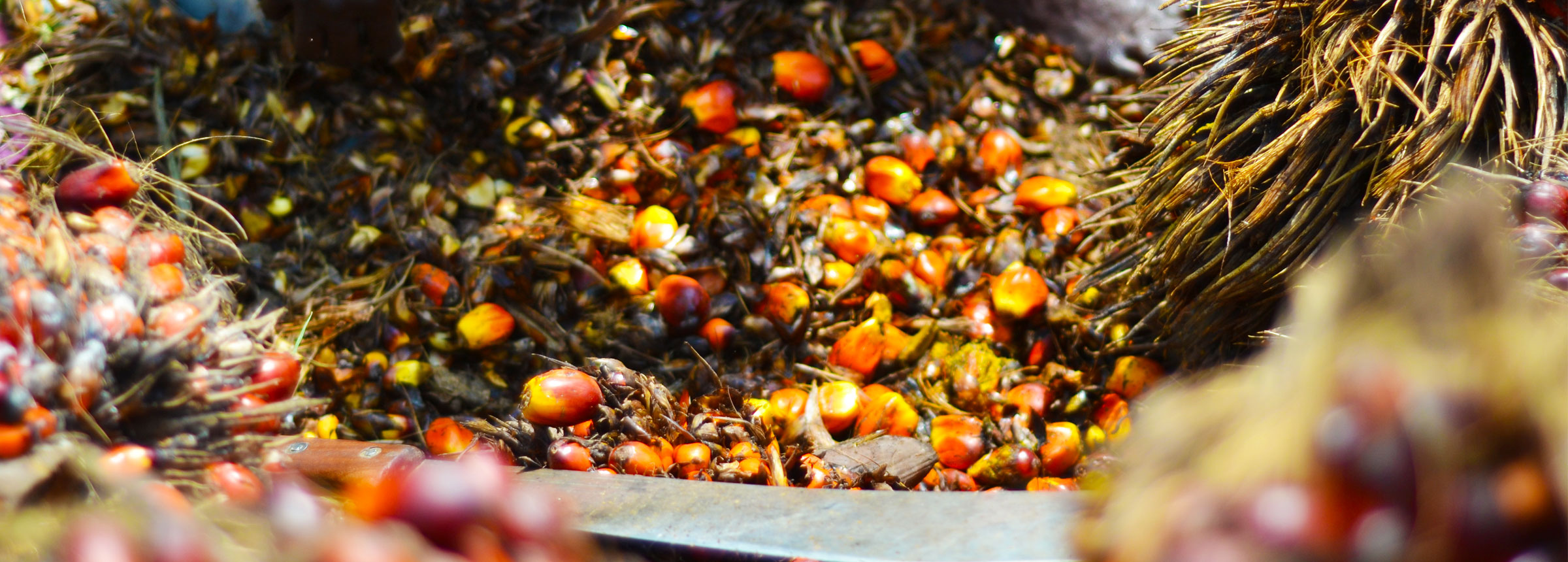
HCS Allometric Equations
There is a measurable impact on greenhouse gas emissions when forests are cut down and replaced with plantations. As a contributor to the High Carbon Stock Study, a sustainability initiative launched by growers, traders and other stakeholders in the palm oil industry, Winrock reviews existing tools and equations used to measure the impact of turning […]